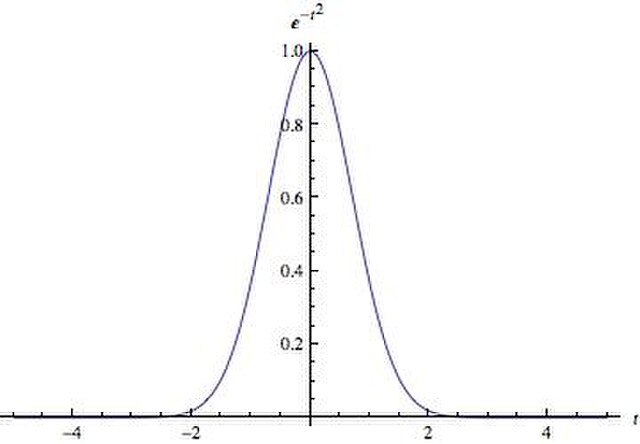Infinite photos and videos for every Wiki article ·
Find something interesting to watch in seconds
Wars and Battles
Kings of France
Celebrities
British Monarchs
Sports
Best Campuses
Ancient Marvels
Orders and Medals
Great Cities
Great Artists
Largest Empires
Great Museums
Largest Palaces
Countries of the World
Richest US Counties
Supercars
History by Country
World Banknotes
Famous Castles
Recovered Treasures
Tallest Buildings
Rare Coins
Wonders of Nature
Crown Jewels
Animals
Presidents
more top lists


